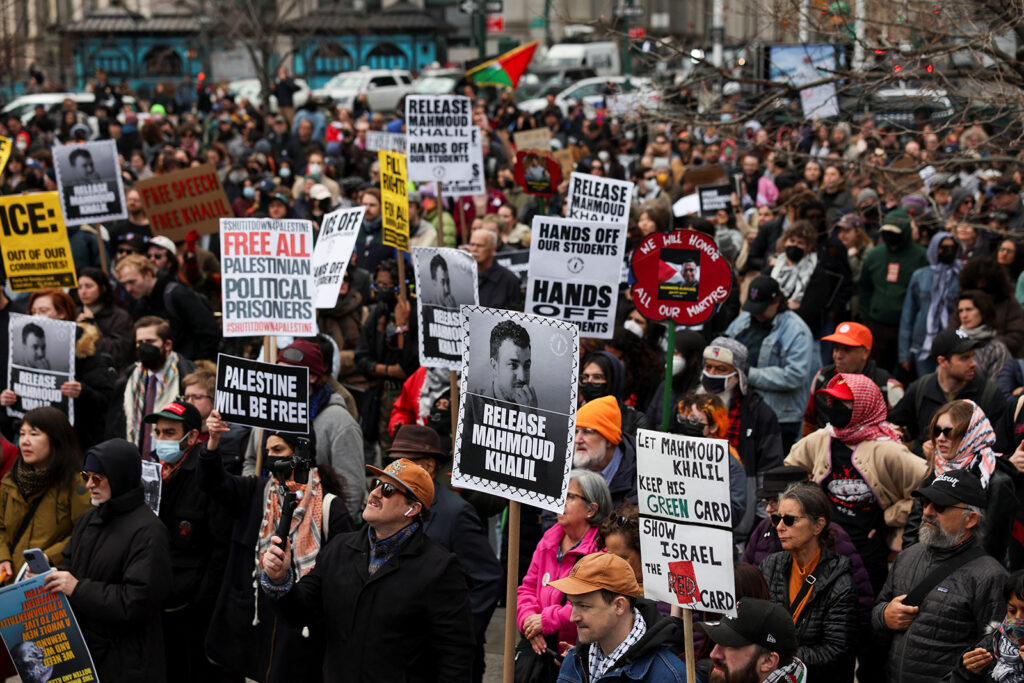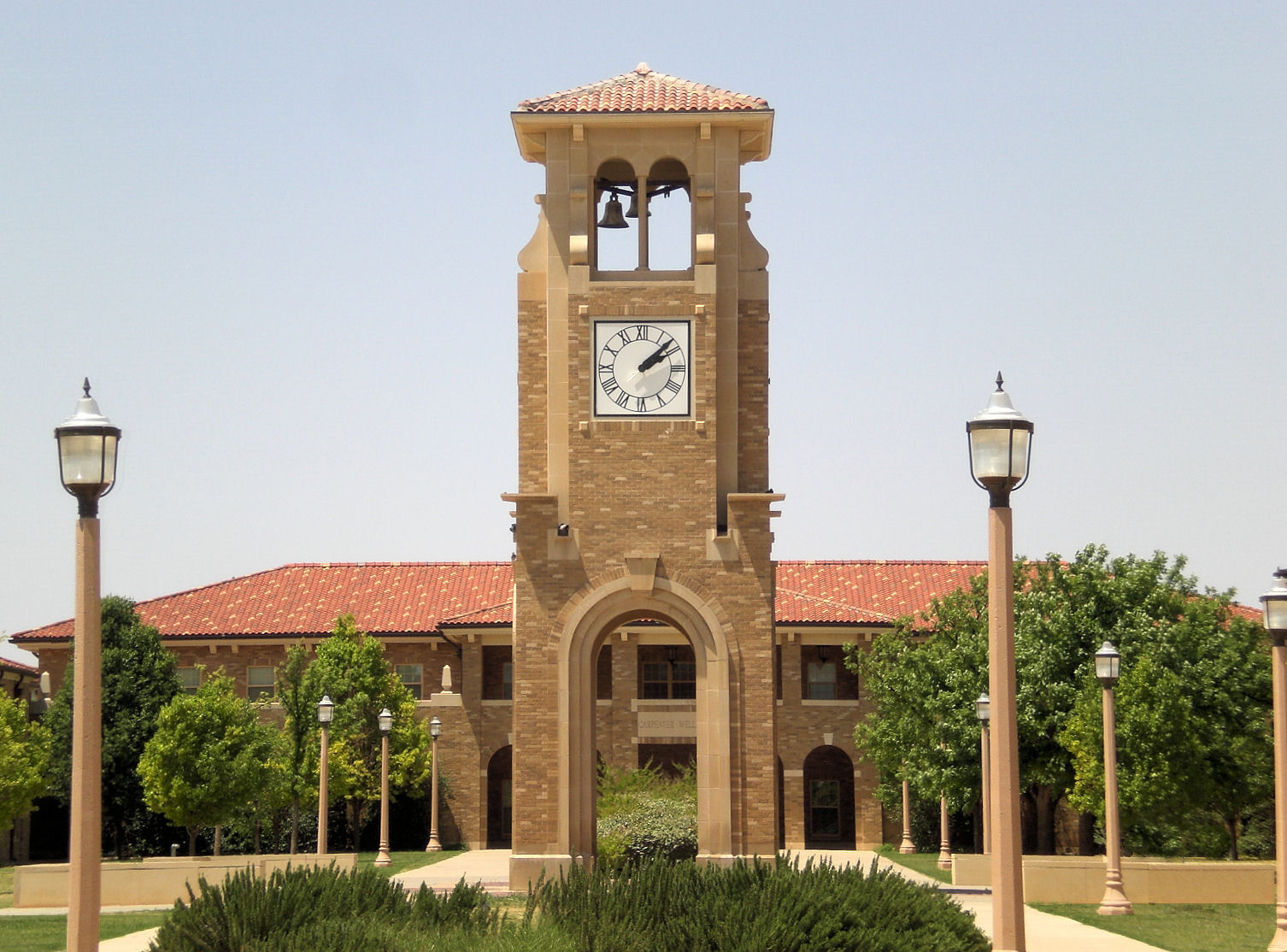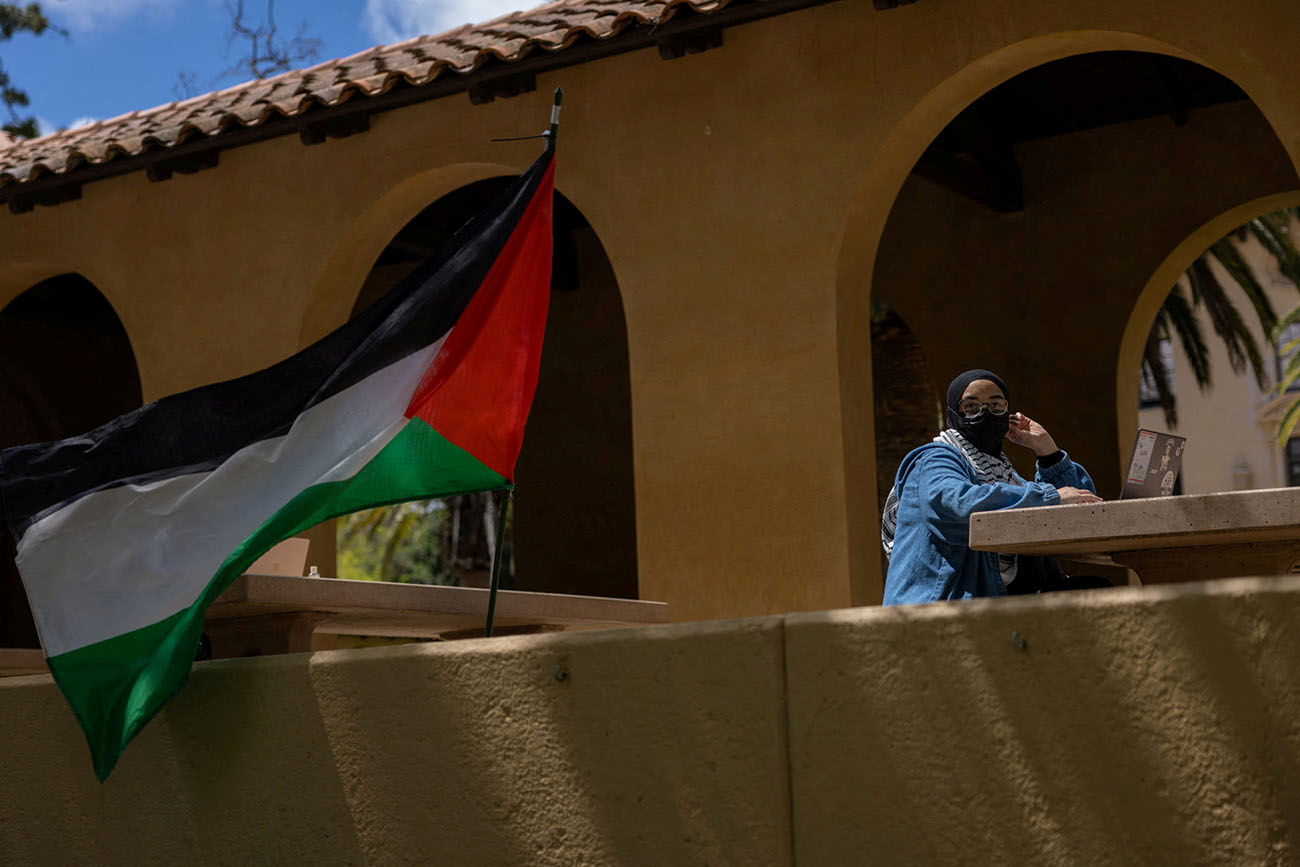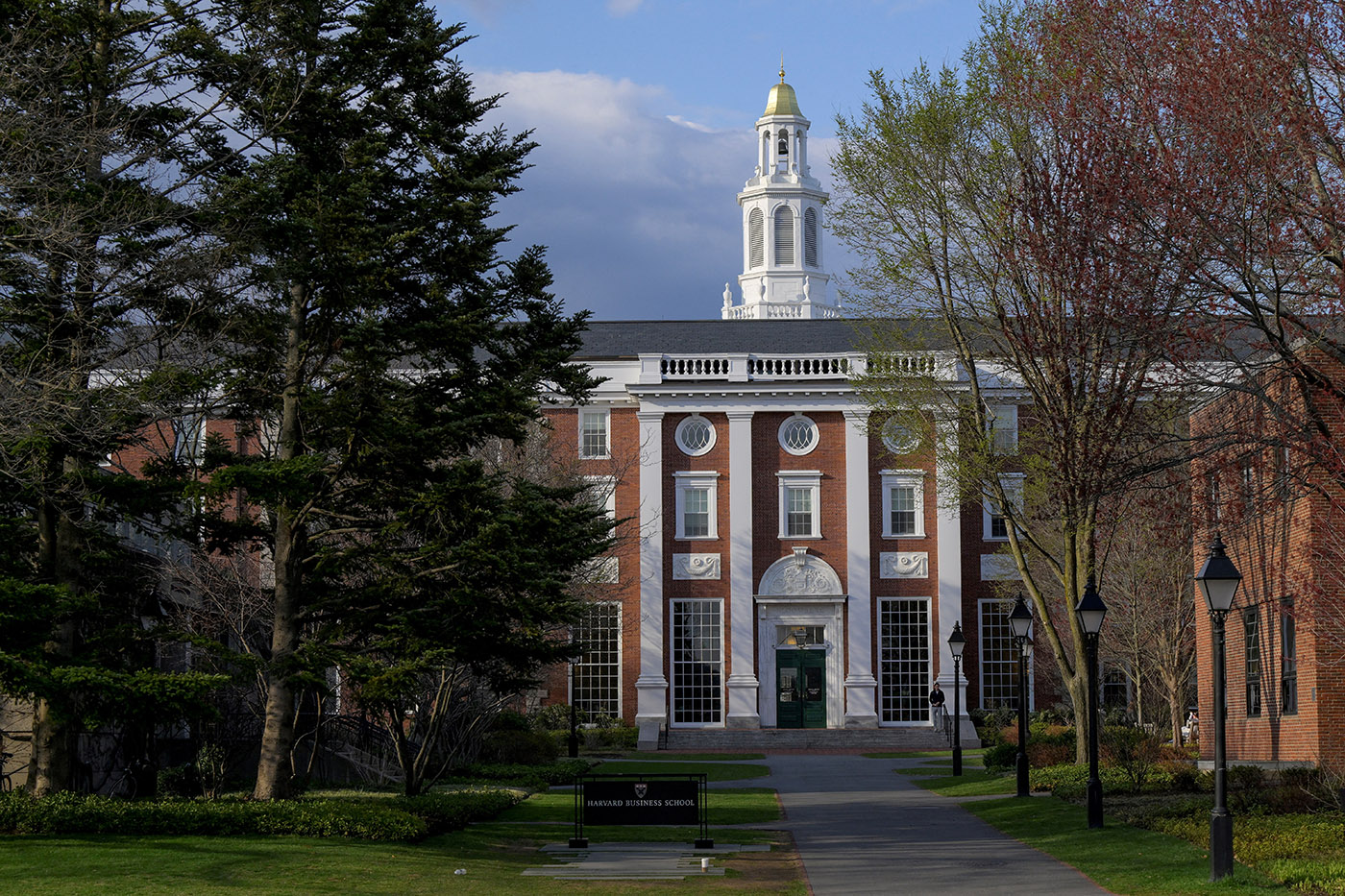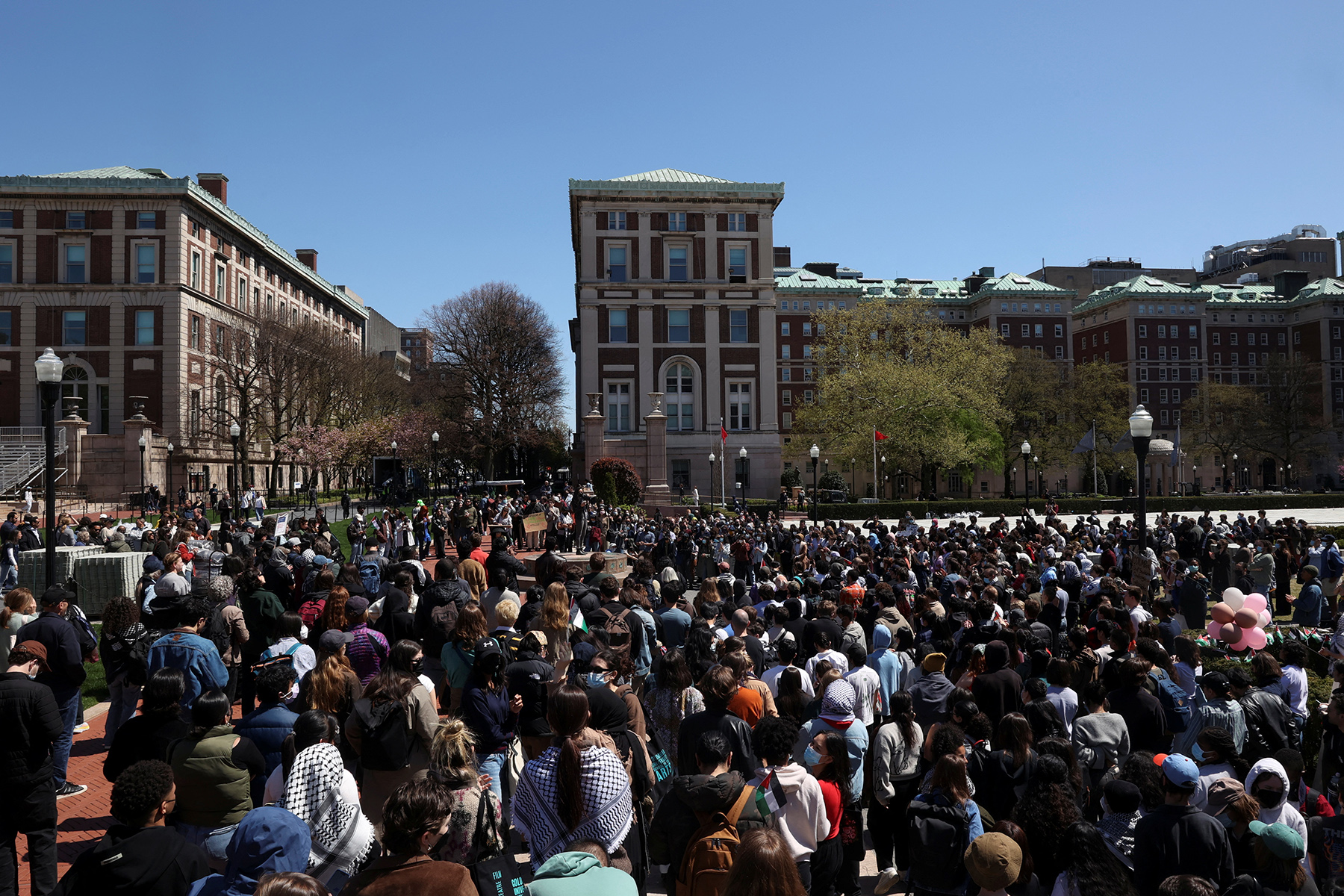BOSTON (AP) — A federal bench trial begins Monday over a lawsuit that challenges a Trump administration campaign of arresting and deporting faculty and students who participated in pro-Palestinian demonstrations and other political activities.
The lawsuit, filed by several university associations against President Donald Trump and members of his administration, would be one of the first to go to trial. Plaintiffs want U.S. District Judge William Young to rule the policy violates the First Amendment and the Administrative Procedure Act, a law governs the process by which federal agencies develop and issue regulations.
“The policy’s effects have been swift. Noncitizen students and faculty across the United States have been terrified into silence,” the plaintiffs wrote in their pretrial brief.
“Students and faculty are avoiding political protests, purging their social media, and withdrawing from public engagement with groups associated with pro-Palestinian viewpoints,” they wrote. “They’re abstaining from certain public writing and scholarship they would otherwise have pursued. They’re even self-censoring in the classroom.”
Several scholars are expected to testify how the policy and subsequent arrests have prompted them to abandon their activism for Palestinian human rights and criticizing Israeli government’s policies.
Since Trump took office, the U.S. government has used its immigration enforcement powers to crack down on international students and scholars at several American universities.
Trump and other officials have accused protesters and others of being “pro-Hamas,” referring to the Palestinian militant group that attacked Israel on Oct. 7, 2023. Many protesters have said they were speaking out against Israel’s actions in the war.
Plaintiffs single out several activists by name, including Palestinian activist and Columbia University graduate Mahmoud Khalil, who was released last month after spending 104 days in federal immigration detention. Khalil has become a symbol of Trump ’s clampdown on campus protests.
The lawsuit also references Tufts University student Rumeysa Ozturk, who was released in May from a Louisiana immigration detention. She spent six weeks in detention after she was arrested walking on the street of a Boston suburb. She claims she was illegally detained following an op-ed she co-wrote last year that criticized the school’s response to Israel’s war in Gaza.
The plaintiffs also accuse the Trump administration of supplying names to universities who they wanted to target, launching a social media surveillance program and used Trump’s own words in which he said after Khalil’s arrest that his was the “first arrest of many to come.”
The government argued in court documents that the plaintiffs are bringing a First Amendment challenge to a policy “of their own creation.”
“They do not try to locate this program in any statute, regulation, rule, or directive. They do not allege that it is written down anywhere. And they do not even try to identify its specific terms and substance,” the government argues. “That is all unsurprising, because no such policy exists.”
They argue the plaintiffs case also rest on a “misunderstanding of the First Amendment, ”which under binding Supreme Court precedent applies differently in the immigration context than it otherwise does domestically.”
But plaintiffs counter that evidence at the trial will show the Trump administration has implemented the policy a variety of ways, including issuing formal guidance on revoking visas and green cards and establishing a process for identifying those involved in pro-Palestinian protests.
“Defendants have described their policy, defended it, and taken political credit for it,” plaintiffs wrote. “It is only now that the policy has been challenged that they say, incredibly, that the policy does not actually exist. But the evidence at trial will show that the policy’s existence is beyond cavil.”
Tags
